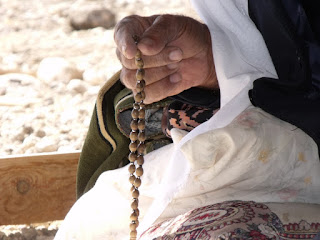Right through Advent, Christians are revisiting the Holy Scripture, listening again to the words of the prophets in the Old Testament who foretold of some new initiative God would take, listening again to the humble existence of Mary, listening again to the beautiful story of incarnation- the word of God became flesh in Jesus.
Interestingly, the story of Jesus’ birth is only told largely in one of the gospels, Matthew tells us about the Wise men, but Mark and John don’t mention it at all! If Luke hadn’t recorded it, we may never have known what the first Christmas looked like, who was there. Imagine a world without nativity plays!
The richness and security of our cultures across the world depend so much on storytelling - it’s the miracle of dialogue and understanding.
We have our own stories, I’m sure most of our lives have had twists and turns, surprises, ups and downs. They would undoubtedly involve changes in situation and in ourselves. Ideas and opinions will have altered, aspirations may have developed, certainties possibly challenged. As well as the stories of our selves, there are the important stories we would tell - I wonder, if we were to write a gospel now, what it would it be like.
What good news do we have to share? What would be the message we would want to challenge our readers with? How would we want future generations to remember this period of time and all that is happening within it?
The hope that the gospel I will write will speak of a people of love, a global connected community who stood up to injustice, activist and peace makers, the brave outspoken and quiet healers. I’ll write at length of the church as it awoke called to action, stirred by the insults to the Kingdom they saw all around them. I will put in writing the way that freedom came when normal, ordinary people realised that not only did they have the power to be world changers, they had not choice to do otherwise. That’s good news. And it’s half written in our history already as movements of justice and love gain pace.




